As the small child who’s been wearing a hat which seems to be made of cloth bananas, the better to protect himself from the scorching heat of May in SE3, may have observed, we did shirt-signing proud this year. In recent years we’ve poured cold water on saucy drawings, salty language and minority mayhem as traditions reasserted themselves after Covid. We rethunked, and prepared. Rather than risking them grasping freedom to roam while they were meant to be in lesson two we ushered them to one end of the concourse to sign to their hearts’ content without disturbing the peace. I stood on the Block 1 outside stairs and surveyed the melee.
It wasn’t just the adults who’d been thinking. This year, so many pre-signed shirts were sumptuously embellished works of art. I saw sequins, embroidery, paintings of Batman and other mythical creatures, iron-on names and feathers. One group were covered in pink bows. This had all taken preparation, and so traditions develops: no longer the felt pen and shirt scribbled spontaneity but an expression of a kind of identity, something to keep, and through which – one hopes – remember happy times.
I’m moving house soon, somewhere smaller, the ninth move in forty years and I can up-and down-size with the best. My children being in their thirties and the next hutch smaller, a decree has gone out – no family storage. This includes signed shirts from years 6, 11 and 13. One loved school and has loads of room so wants it all, the other, who found school irksome and lives in London so barely has room to arrange a thought, allows me to dispose. But memories persist, for good or ill and both had school friends at their weddings.
Subsequent to sunny shirt signing we herded year eleven into the canteen where they sat amiably in tutor groups and were even allowed chat and modified whooping as they went into the hall. After that, a few words from me, some emotional farewells from tutors and year team, a band, thank yous, and – most of all – the hysterical photos of their eleven-year-old selves. Goodbye is at lunchtime and off they go, wreathed in their own graffiti, to dip their toes into the world. Exams, Prom, Leaving Ceremony, long holiday, results, next steps. Then what? The signed shirts go into a drawer or under the bed ready for the day twenty years hence when a parent begs for its removal.
It was my last year 11 leaving day so I thanked them for making me a pleasant memory.
Perhaps it’s the atmospherics of the year that I’ll miss the most: the bustle of September, hassle-y behaviour in the November cold, darkness enveloping the week before Christmas, the leaving day before study leave, the last exam, sports days and summer on the grass, the euphoria at the end of the year. Year after year, every school the same. Every child prepared for adulthood through these local rites of passage.
I’m thinking as usual about the part schools play in society, to unite or divide, and the comprehensive dream. I’m thinking of conversations with parents about the clash between the needs of the many and the individual. I’m thinking about fake news, gullibility and hatred. I’m thinking about the strain that meagre budgets put on everything we do to excite children, bind up their wounds and fit them for the future. I’m watching the way we make the weather and listening to the music we make together.
Marie Howe’s new poem The Hymn describes an ‘almost inaudible hum’ of humanity in the cosmos, getting louder and louder until humanity breaks into
| harmonies we’d not known possible, finding the chords as we found our true place singing in a million million keys the human hymn of praise for every something else there is and ever was and will be: the song growing louder and rising. (Listen, I too believed it was a dream.) |
It's only a dream if we don’t make it come true.
CR
9.5.24

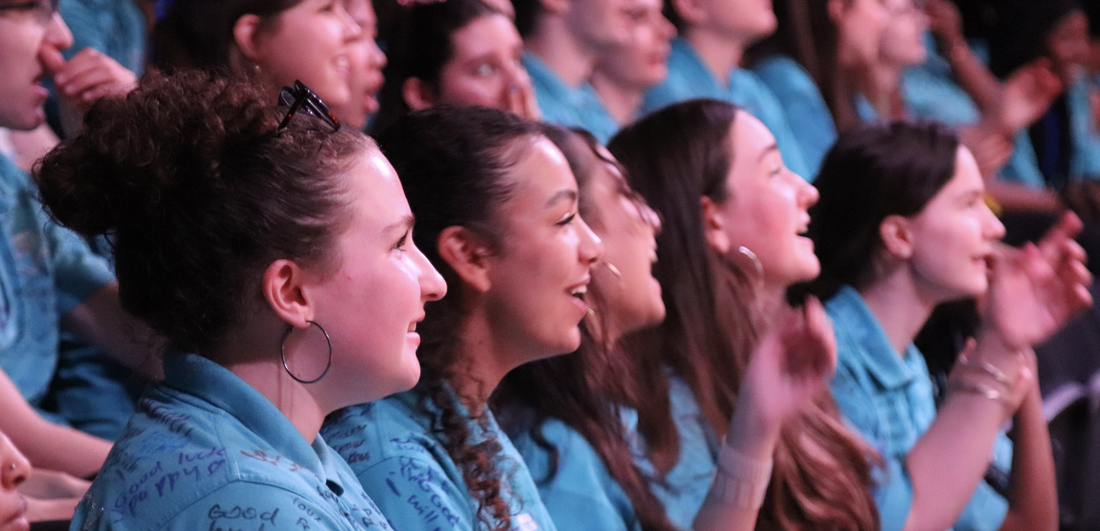
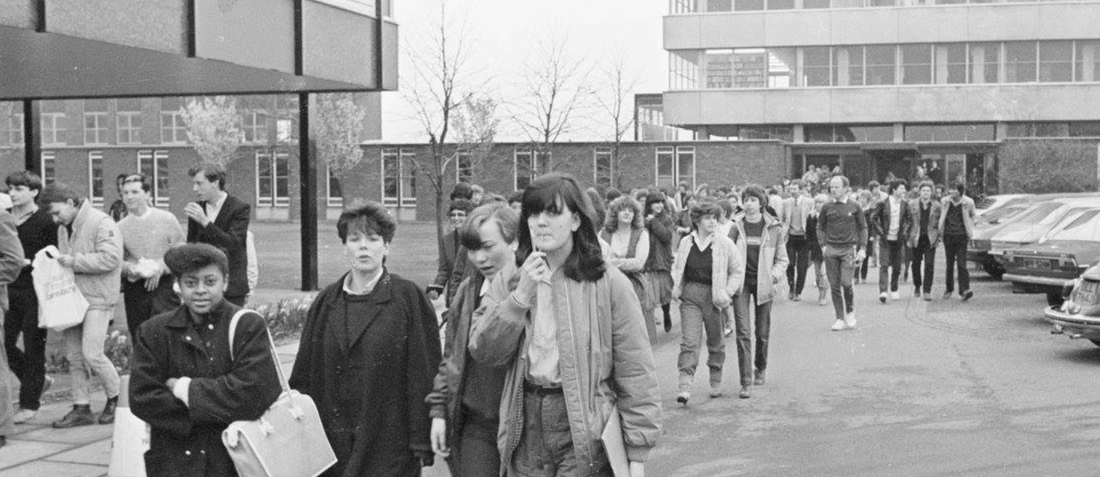





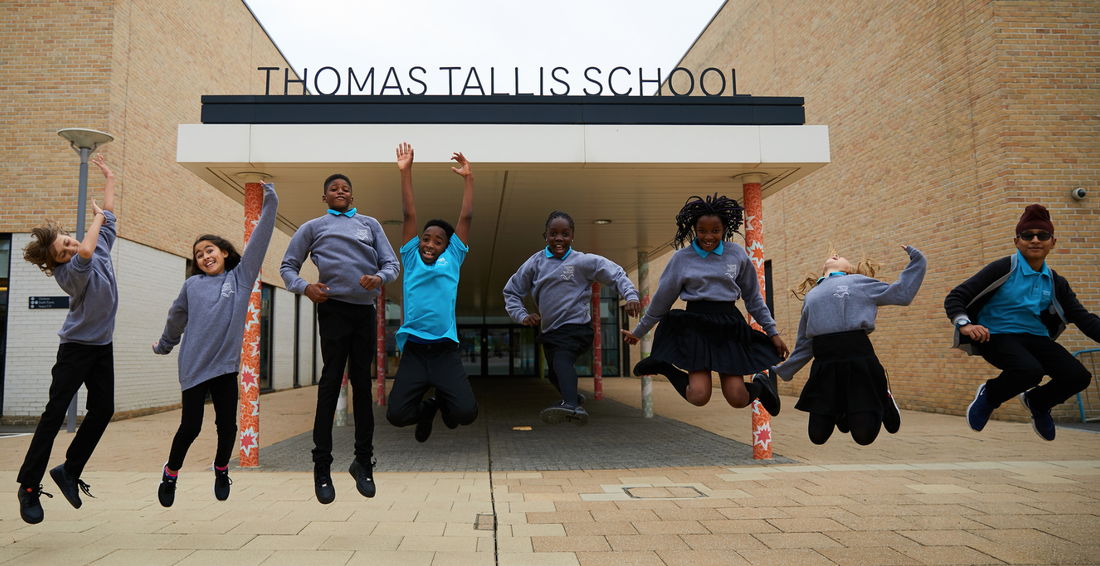
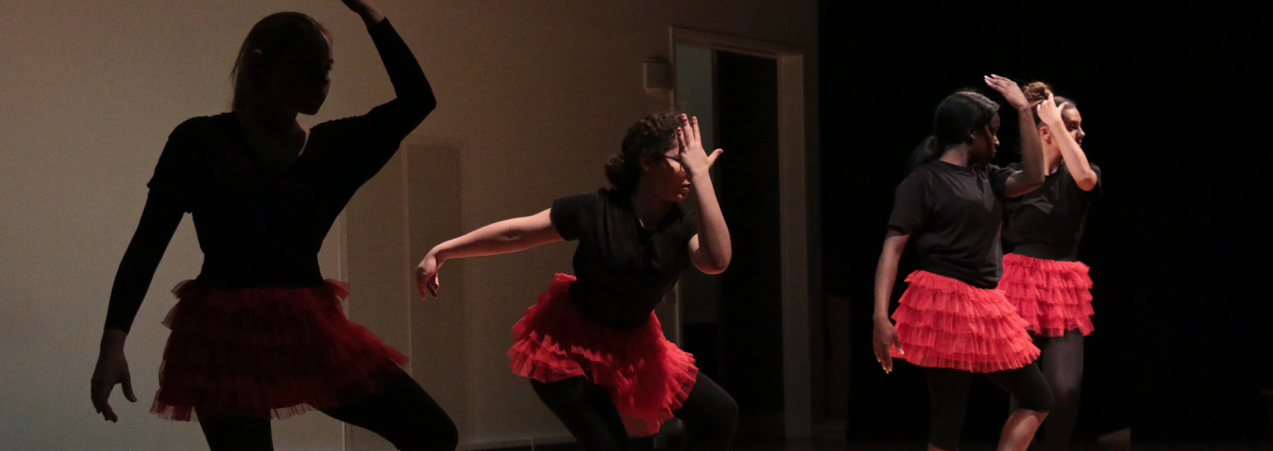


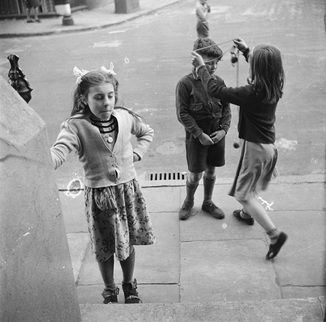

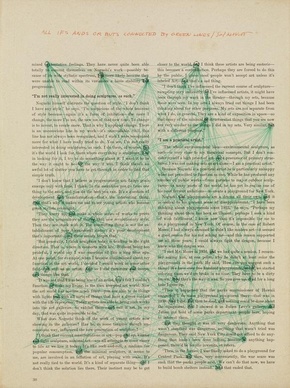

 RSS Feed
RSS Feed